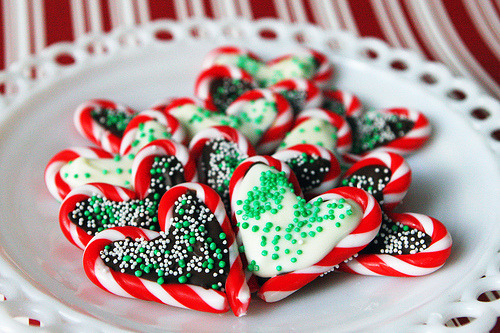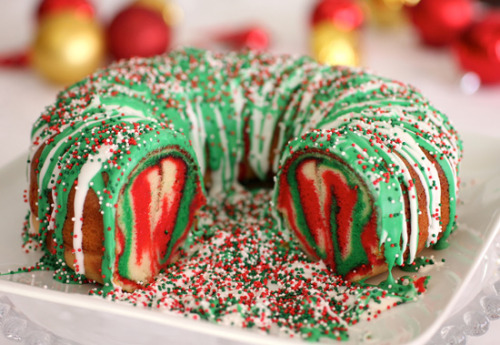If you ate just one mince pie every day in the lead-up to Christmas without compensating with extra exercise, you would be up to a kilo heavier by the end of December. That makes it easy to see how holiday weight gain happens. So it's no surprise that evidence shows keeping basic lifestyle habits on track during the holidays is likely to prevent excessive weight gain.
One-off indulgences do not cause weight gain; weight gain is caused by gradual, sustained increases in kilojoule intake, or dietary habits that develop and support higher kilojoule intakes each day - an extra biscuit here, a large glass of wine there, and so forth. Here's a sample of some of the most common party-season habits that are conducive to weight gain so you can act now to avoid the extra kilos that seem to appear mid-January.
Going to parties hungry
A common mistake is overindulging on high-fat pastries, chips and dips while waiting for the "real" food to arrive. Avoid overeating at cocktail events by ensuring you do not arrive at an event starving. Have a filling snack 60 to 90 minutes before you go, such as an apple and cheese and wholegrain crackers or a handful of nuts.
Ditching the exercise
Make it a priority to maintain gym commitments, regular walks and take the kids to the beach or park to compensate for the extra food you'll be eating.
Overindulging too early in the season
Try to differentiate "special" occasions from run-of-the-mill drinks with acquaintances. This way you can indulge when there is a truly special occasion but keep on track with good habits for the weeks beforehand.
Buying too much food
Cupboards stocked with excessive amounts of snack food, chocolates and lollies are a recipe for disaster. Purchase only what you need and try to avoid large boxes of chocolates and lollies.
Snacking on poor-quality nibbles
Good-quality cheese, seafood, nuts and chocolates bring much taste and enjoyment to the palate, while cheap crackers, pastries and chips do not. Savour the experience of eating good-quality food occasionally rather than stuffing your face with high-fat snacks.
Eating everything on offer
Next time you are at a party, pay attention to the thin party-goers compared to the overweight ones. Generally, slim individuals are pickier when it comes to food choices. Each time food comes around ask yourself: "Do I really feel like eating this?" It's often all you need to keep in control.
Overindulging in alcohol
The festive season should not be seen as an excuse to forget your personal limits with alcohol. Try to have two alcohol-free days each week, drink plenty of water and avoid high-kilojoule mixers such as juice, soft drink and flavoured drinks.
Letting Christmas run until January
Get back on track with your usual diet and exercise habits by January 2 or, before you know it, February will be here and the extra Christmas weight will be with you for the rest of the year.
Choosing high-fat snacks
While pastry-based treats, cheese and dips can be exceptionally high in fat and kilojoules, there is a range of lower-kilojoule snacks that still taste fantastic. Look for potato chips cooked in olive oil, low-fat dips and crackers.
Developing an "all or nothing" attitude to dieting
Rather than mentally writing off the next four weeks in terms of your food intake and activity patterns, think like a thin person. Enjoy good-quality, tasty treats in controlled amounts, but balance them with nutritious summer foods including salads, seafood and fresh fruits. Look as the time off over this period as an excuse to move your body more and you will be well on your way to a fitter and healthier new year.
Comment below your favourite Christmas food. Let me know if you found this article helpful?
Source






No comments:
Post a Comment